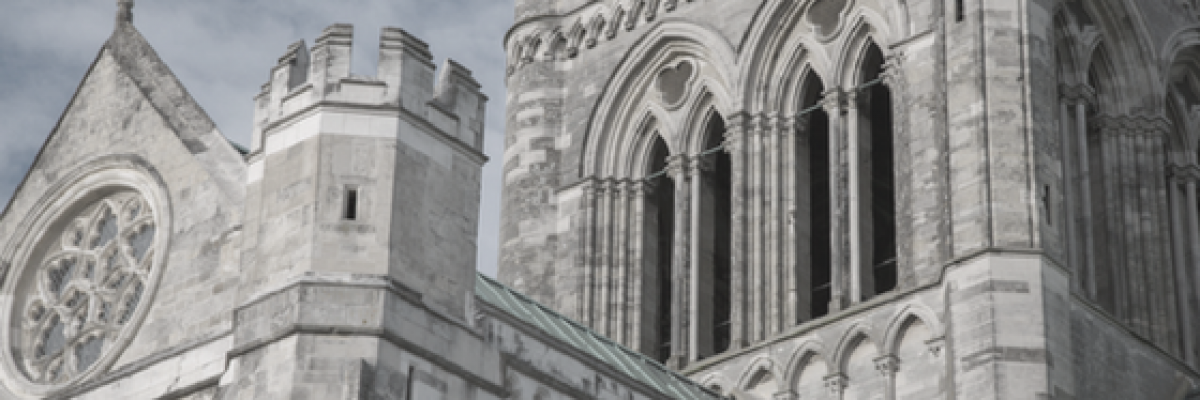
If the church were a celebrity, it would have a serious public relations problem.
There is no shortage of scandals: racial discrimination, sexual harassment, child abuse, financial misconduct. Although the church has certainly had its share of inspirational figures, ethical victories, and heroic achievements, these have often been overshadowed by unsavory characters, moral failures, and embarrassing escapades.
Despite our awareness of the church’s declining public appeal today, many good-natured Christians are completely unfamiliar with our sinful past. We may reluctantly acknowledge the shortcomings of our most popular leaders and even confess the private sins of our own hearts, but we are not accustomed to calling into question the motives of Jesus’s disciples or interrogating our most famous forebears. To the contrary, many pious believers look back with twinkles in their eyes to the “golden age” of the early church when no one faced a hint of conflict, no one lacked food or shelter, and no one suffered from morning breath.
Though unintentional, part of our starry-eyed nostalgia for the past comes from an uncritical understanding of the Bible. As I often joke with my students, reading Scripture is like using a Lite-Brite toy. Depending on the template used, almost any design can be made. We assume that there is only one template in the toy box, but there is actually any number of ways to make a design. For far too long we have unconsciously used the following verses as our sole template of the ancient church:
All the believers were one in heart and mind. No one claimed that any of their possessions was their own, but they shared everything they had. . . . There were no needy persons among them. For from time to time those who owned land or houses sold them, brought the money from the sales and put it at the apostles’ feet, and it was distributed to anyone who had need. (Acts 4:32, 34–35 NIV)
If these were the only verses in the New Testament describing early Christianity, there would be nothing left to do other than complete our sublime design, turn off the lights, and stand in awe of our wonderful creation. However, we need not venture more than five verses from this idyllic template before we witness Ananias and Sapphira, presumably filled with the same Holy Spirit poured on all the believers in Acts 2, committing fraud (5:2) by lying about the land they donated to the apostles, and suffering a most abrupt and shocking demise as a result—death by the Holy Spirit.
Although unconventional, my new book, Sinners and Saints: The Real Story of Early Christianity, offers a more balanced picture of the ancient church. Unlike countless other church history books that dance around the distasteful details of our Christian past, I humanize our history. Counterintuitively perhaps, I emphasize as much grit as glory, feature as much flesh as faith, and showcase as many sinners as saints. It’s important for you to know at the onset, however, that I do not do this because I think mudslinging is a spiritual discipline, but only because I believe truth telling is. I personally have no desire to sully the reputation of saints, nor do I find any pleasure in wallowing in the faults of our most faithful. When I air the dirty laundry of our most hallowed heroes and heroines, I am fully aware of all the clean clothes they have neatly pressed and attractively arrayed in their dresser drawers. Because of the nature of this book, however, I will not always refer to that clean laundry, but make no mistake: I know it’s there.

The Real Story of Early Christianity
To be sure, the forthright assessment of the church’s past that I present in this book will bruise our egos, but I believe it will also give us hope for the future and make us more truthful and transparent reporters of the present. Christ, after all, has come to liberate us from idolatry, not to enslave us to fiction. The time has come for us to no longer overlook those parts of our past that are disgraceful to God and dishonoring to the world. The time has come for the church to give an honest evaluation of the good, the bad, and the ugly that we have done, beginning with the earliest Christians.


